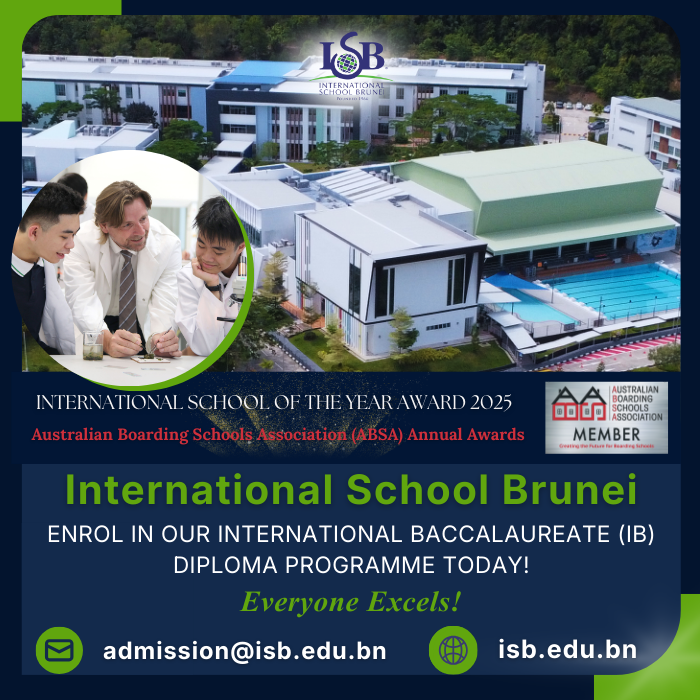What Is Pre-University in Vietnam?
Pre-university is simply defined as the time period before entering university, usually lasting one to two years. Secondary school leavers can enrol in the pre-university programme of their choice to kick start their higher education journey. Vietnam offers a wide variety of pre-university programmes for those looking to further their studies. Pre-U students in Vietnam have the necessary qualifications to pursue their undergraduate studies in Vietnam or abroad.
Age Group Of Pre-University in Vietnam
Individuals in Vietnam aged 18 can enrol in post-secondary education institutions. These individuals must possess a Certificate of Secondary School Graduation to be eligible to take the National University Entrance Examination. Each institution sets its own requirements for admission, Secondary school leavers typically apply to three or four institutions. The application process takes place in April and students can decide which university to have their exam marked by early July. Public universities in Vietnam receive the most applications.
The Benefits and Importance of Pre-University
Pre-university education is an important stepping stone in an individual’s academic life before they transition to university. Students have a chance to determine what programme they want to pursue based on their interests, passions, aspirations and budget. This is also the time where their learning preferences and learning styles will be fully developed. In addition, they can also gauge their level of interest in academics and whether they want to enter the workforce right away. As pre-university courses are offered by colleges and universities, students will experience a taste of university life and this provides them an opportunity to hone their soft skills and interpersonal skills.
What are Pre-University programmes?
The topics one learns at pre-university is heavily dependent on the type of pre-university programme chosen. Generally, pre-university courses cover a variety of subjects in Science, Arts, Humanities and Languages. Students have the opportunity to pick the subjects they want to focus on according to their academic goals. Most pre-university programmes will have broad subjects that will provide students with the qualifications needed to enter a range of undergraduate programmes. Diploma programmes are the only pathway that leaves graduates with a specific skill set that allows them to enter the workforce right away.
Types of Pre-University Programmes
A typical A Level programme takes up to two years to complete. A minimum of three A Level subjects is required to enter most universities. A Level is divided into Advanced Subsidiary (AS Level) and A2 Level. Examinations are carried out at the end of each level and carry 50% of the overall grade. A Level results are recognised globally and allow you to enter most private and public universities around the world.
SACE International can be completed in a year. The curriculum is roughly 30% examination-based, while the remaining is based on coursework. SACE is recognised by most universities around the world.
The American Degree Programme (ADP) leads directly to a degree and takes around four years to complete. Many institutions offer credit transfer options which allow students to continue their degree in American universities. Students can opt for 2+2 (two years in home country and two years abroad) or 1+3 (one year in home country and one year abroad). Alternatively, students can complete the entire ADP locally as some colleges also offer 4+0.
The International Baccalaureate Diploma Programme (IBDP) is a two-year programme and is offered by a number of international schools in Vietnam. Applicants need to have excellent academic results in addition to passing an entrance test and interview. The IBDP requires students to complete six subjects, which are assessed through assignments, oral presentations and examinations. Each subject is graded from 1 to 7, with 7 being the highest.
Foundation programmes are catered to students who want to continue their undergraduate degree in the same university. The most common Foundation programmes are in Science, Arts and Business. Taking a year to complete, Foundation courses are assessed through a combination of assignments, quizzes and exams.
Types of Pre-University in Vietnam
There are a number of higher education options in Vietnam such as universities, senior colleges and research institutes. The five most prestigious public universities in Vietnam are Vietnam National University, Hanoi; Vietnam National University, Ho Chi Minh City; Hue University; University of Da Nang; and Thai Hguyen University. There are also semi-public and private university options for secondary school leavers in Vietnam. Currently, there are a total of 419 universities and colleges operating in Vietnam, with 185 university-level institutions and 234 colleges.
Alternatively, students can enrol in junior colleges. Junior colleges consist of specialised colleges, community colleges and teacher training colleges. These colleges offer a vocational education with an academic focus. Students in junior colleges will be granted Vocational Education Graduation Diplomas or associate degrees upon graduating.
How do you apply for Pre-University in Vietnam?
Students in Vietnam should start early and do as much research as possible before choosing a pre-university programme. It is important not to follow what friends are doing or choose a course because the course seems easy. Information is readily available online with course structures, fees, duration, career prospects and many more. In addition, students need to make sure they meet the entry requirements and have the qualifications needed to enrol in a particular course. Students can also visit Open Days and higher education fairs to see what pre-university options are available to them.
How to choose the right Pre-University
Enrolling in a pre-university programme that fits your needs paves the way for a positive and fulfilling education experience and eventually a long lasting career. Before choosing a pre-university course, it is important to ask yourselves the following questions:
- Do I want to study locally or abroad?
- Do I want to pursue an undergraduate degree? If so, which field would I like to explore?
- Do I possess the entry requirements needed for the pre-university programme?
- What are my learning preferences? Do I enjoy studying for examinations or thrive in group work and presentations?
- What is my budget for pre-university studies? Are there scholarships or financial aid available?
What are the fees for Pre-university in Vietnam?
Tuition fees at public universities in Vietnam are approximately USD200 a year. This is extremely affordable compared to the fees charged by private universities, which range from USD2,000 to USD10,000.
References:
































